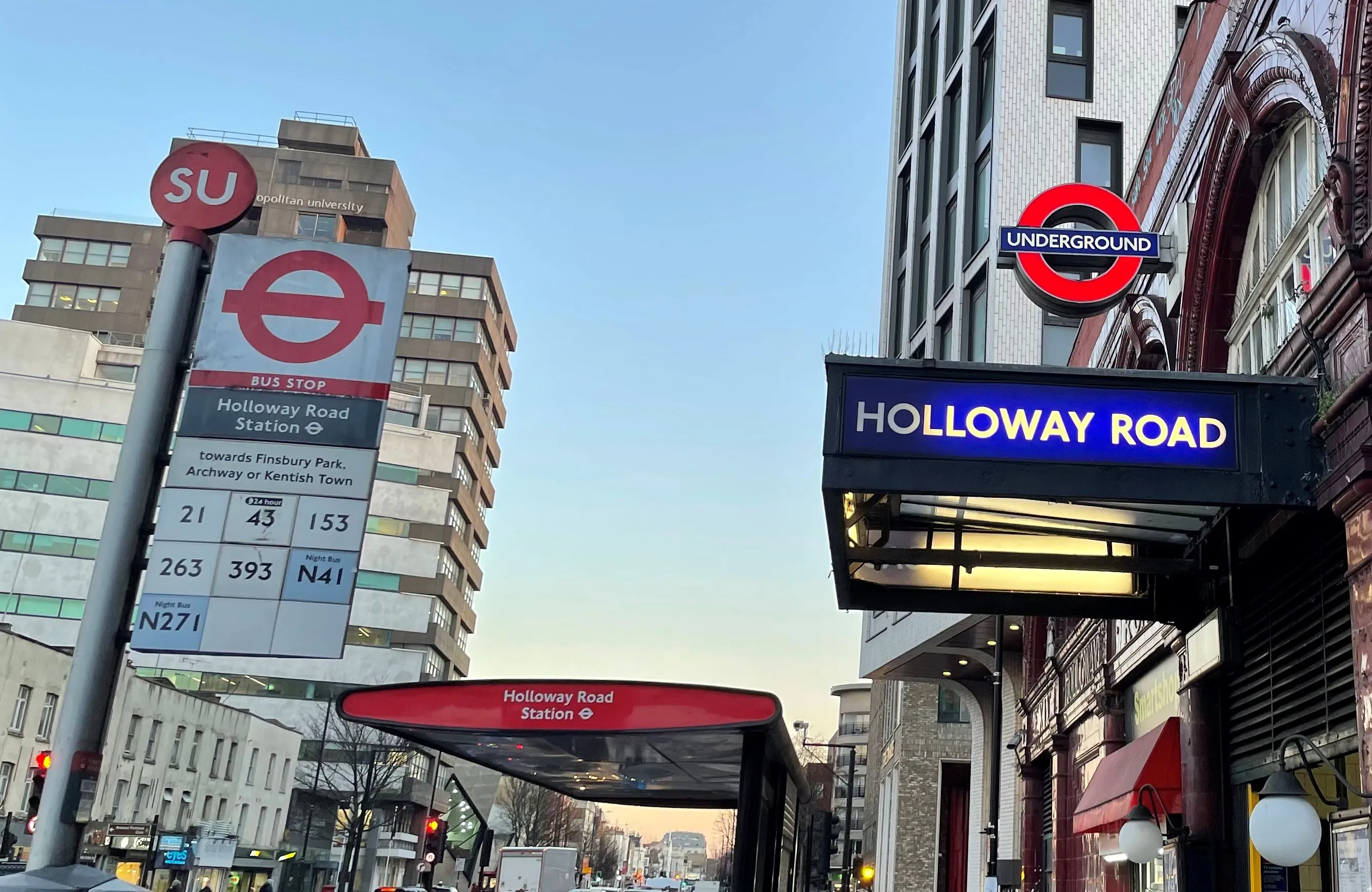London bus operators will next month become the first in the UK to subscribe to CIRAS (Confidential Incident Reporting and Analysis System), an independent safety-concern reporting scheme designed to nip unsafe practices in the bud, says Transport News Brief.
CIRAS is standard across the rail industry and is currently used on the London Underground network. Its introduction to the bus network in London gives employees an extra way of reporting any concerns, complementing the proven methods for reporting and investigating incidents that are already in place.
Ken Davidson, TfL head of bus operations, said, “The bus network is extremely safe but we are always looking for ways to make it even safer. The extension of CIRAS to bus operators, at no extra cost, will mean employees have an additional way of reporting concerns and a corporate safety net to help further improve safety in the future.”
Confidential safety reporting scheme to be extended to London’s buses
London bus operators will next month become the first in the UK to subscribe to CIRAS (Confidential Incident Reporting and Analysis System), an independent safety-concern reporting scheme designed to nip unsafe practices in the bud, says Transport News Brief.
December 23, 2015
Read time: 1 min







